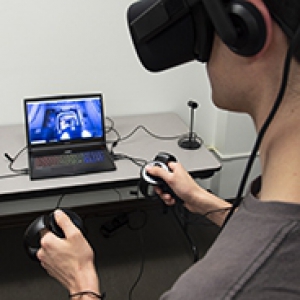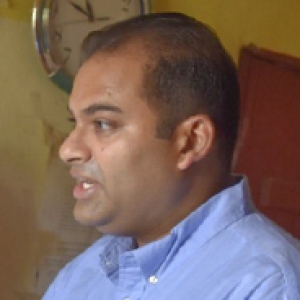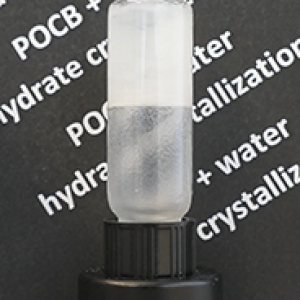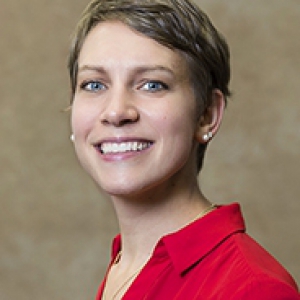Innovation & Research

Friday, January 4, 2019
Pitt’s Vibrant Media Lab is helping to answer complex questions of technology and culture, exploring past forms of media and experimenting with new ones in a cultural and social context. The OdysseyNow Project exemplifies the lab’s goals.

Wednesday, December 12, 2018
This fall's competitions awarded more than $600,000 for faculty and student researchers. In addition, mentoring opportunities in the competitions offer researchers help in commercialization, which takes products from the lab into spaces like a doctor’s office or a factory.

Monday, December 3, 2018
New research from Pitt and UPMC demonstrates what many doctors have long assumed — that climate and alcohol intake are related.

Wednesday, November 21, 2018
Professor P.S. Reddy and alumnus Tushar Singh (GSPH ’14) recently received Sheth International Achievement Awards for their work in developing nations. Singh, now at the CDC, trained medical workers during the Ebola epidemic.

Wednesday, November 14, 2018
A research team at the University of Pittsburgh has discovered a liquid polymer that raises water’s freezing point from 32 degrees Fahrenheit to about 100 degrees Fahrenheit, much like the deadly ice-nine does in Kurt Vonnegut’s classic sci-fi novel “Cat’s Cradle.”

Monday, November 12, 2018
Not quite dementia, but more than a “senior moment,” mild cognitive impairment affects the lives of thousands of Americans. Juleen Rodakowski, an assistant professor in the Department of Occupational Therapy, is developing ways to help.

Friday, November 2, 2018
Imagine a tool that looks at a student’s specific interests, experiences and goals and lights the way along a personalized path. Pitt is leading the discussion on how advanced analytics can create such tools — and lead to student success.

Friday, October 26, 2018
Voter-verifiable paper ballots and changes to the voter registration process were among the recommendations Pitt’s David Hickton recently offered to the Pennsylvania House and Senate.

Monday, October 22, 2018
The National Science Foundation recently awarded a team led by engineer Heng Huang $1.18 million to use machine learning to predict postoperative complications and patient outcomes.

Friday, October 19, 2018
Stiff arteries could lead to “silent” brain damage and therefore dementia risk, a 15-year study led by researchers at Pitt Public Health found. And that risk factor could be preventable.

